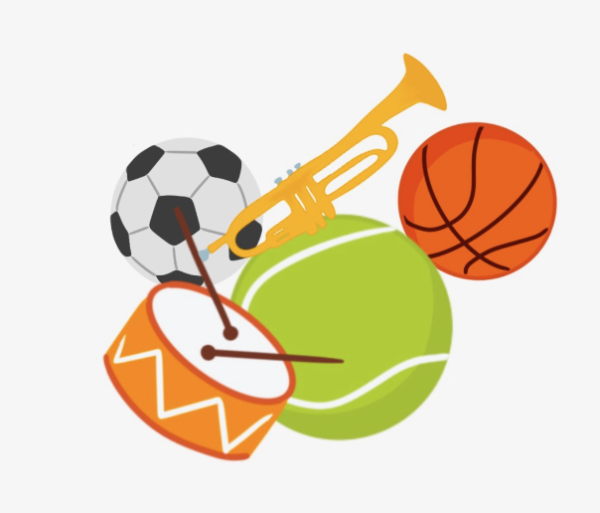How to Hack Your Brain: Study Advice from Brain Science
Tackle this school year’s academic challenges with these helpful study tips
Build a baseline
Use the syllabus and schedules that your teachers provide to your advantage. Information retention is improved when you read the material ahead of time. Ask yourself, “What do you already know about the topic? What don’t you know?” Get an idea of the concepts you will conquer in class so you can build on your baseline knowledge and ask your teacher meaningful questions.
Testing effect
Test yourself on small concepts. People overestimate how much information they retain after reading when they have the text to consult. Periodic testing can remedy this assumption and highlight your misconceptions. Be sure to focus on testing the more difficult concepts, too.
Active processing
Focus on actively processing the text. Connect concepts to other aspects of your life or learning in other classes. Studies show connecting a concept to a specific object in your house allows your brain to hold the information with something you can easily recall to perform better. Explain the concept to someone else. Pretend you are explaining this to someone that has never heard of the topic. Boil the concepts down to the basics and use language that doesn’t rely on the complexities of the topic.
Growth mindset
Focus on your progress and not your shortcomings. Failure leads to learning. You are more likely to retain a task that takes you several attempts to figure out. Don’t beat yourself down for making mistakes because it will limit your mind and attitude to learning more in the future.
Active recall
This branch of studying, similar to the testing effect, involves flashcards and question and answer. While you are taking notes, write down questions you think of to test yourself later. Make flashcards for difficult words. (Key tip: Making your own flashcards helps improve your memory instead of using someone else’s.)
Math-specific tips
If you don’t understand how to graph, go to Desmos and transform a function from its very basic form all the way to the complex version studying how each change moves the graph. Learning how to graph the equations you learn can improve your overall understanding by pairing numbers with a visual representation.
Know your learning style
Maybe you already know or you can take a free internet quiz. Understanding how you learn best can make sure that you are using your time efficiently. Communicate with your teachers and peers to use your strengths to their full potential and minimize your weaknesses.
Health
Sleeping, eating and exercise are often overlooked in studying, but they are equally important to prepare yourself for an exam. Walking in between studying can slightly lift your heart rate and clear your mind so you are ready to tackle the next task.
Schedule
Maximize your schedule by making a schedule with dates of exams and projects. Set apart small amounts of time each day dedicated to studying each subject to avoid cramming and low retention rates. Spaced out learning is much more effective for exams and crafting a schedule can help you perform better and make time for friends, family and hobbies.
Breaks
Take frequent breaks as you study. One method is the Pomodoro Technique of studying for 25 minutes followed by a 5-minute break. Alternating material has also been proved to solidify understanding of a topic. Another method is The Zeigarnik Effect. Stop your task before completion and switch tasks. This method keeps your knowledge at top of your mind by providing tension for better recall.
• Featured image by Audrey Guo

2019-2020 - Staff Writer
2020-2021 - Social Media Manager
2021-2022 - Editor-in-Chief
I joined C Mag because I was excited to bring text stories...







![Polynesian Club Performs at the Cultural Celebration Assembly
[Photo Courtesy of Savannah Earley]](https://cmagazine.org/wp-content/uploads/2025/04/PNG-image-600x535.jpeg)